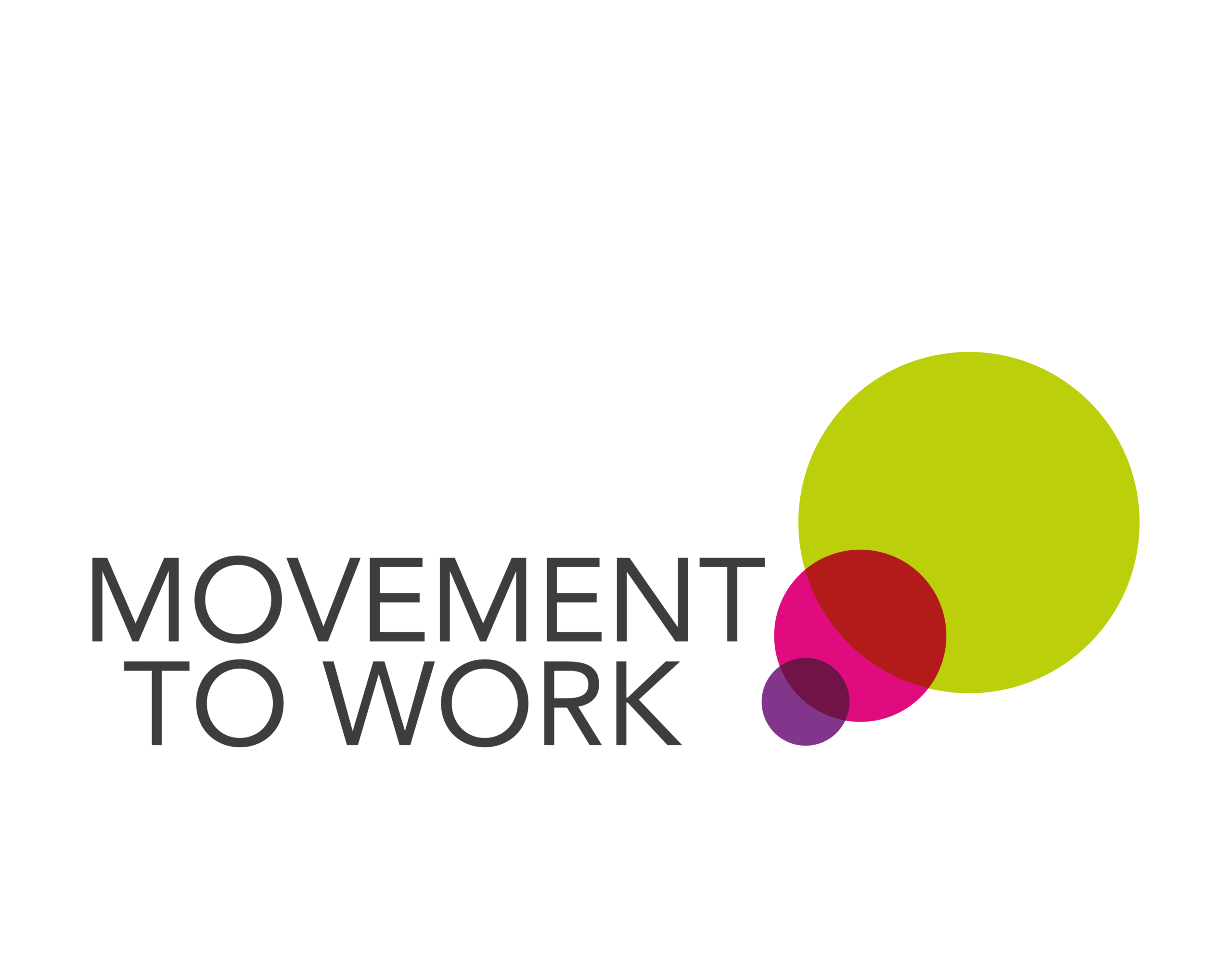The Department for Work and Pensions (DWP) is responsible for getting people into work and making work pay. DWP want everyone who can work to be able to find a job, progress in work, and thrive in the labour market, whoever they are and wherever they live.
To do this, the Department delivers comprehensive employment support to help people start, stay, and succeed in work, including face-to-face time with work coaches in our Jobcentres and via contracted employment support programmes.
COVID-19 represented an unprecedented challenge for the country and Government.
With the expectation that many people would become unemployed, the Government mobilised rapidly to provide historic levels of support to the economy and the labour market. This included launching the Plan for Jobs which involved the expansion of existing DWP programmes and the creation of new ones, such as Restart and Kickstart.
The labour market has recovered well and remains robust and resilient with a low unemployment rate of 4.3%. However, following the pandemic, we have seen a rise in the number of people who are economically inactive, now at 8.78m.
DWP are pleased to have made progress, with economic inactivity falling by over 300,000 since the post-pandemic peak. However, this group still includes millions of people who could work, who want to work and who represent a wealth of untapped talent for business. This is why the Government announced a new package of support at Spring Budget aimed at increasing workforce participation, in addition to our existing range of employment support. This includes investment to support disabled people and those with long-term health conditions, parents, over 50s, unemployed people and people on Universal Credit who are working fewer than full-time hours.
The Government responses to the Committee’s recommendations are set out below under the report’s three categories:
- Economic inactivity and supporting labour market engagement
- Employment support services and getting people into work
- Transforming support.
Read more here.
